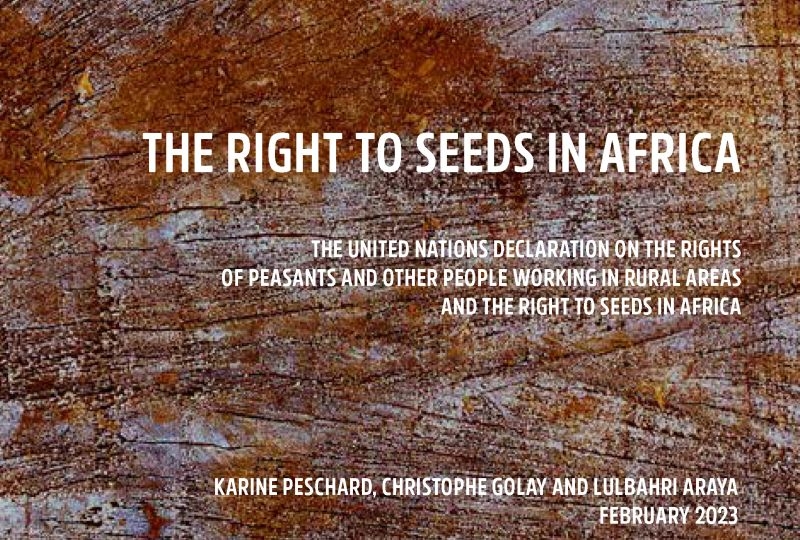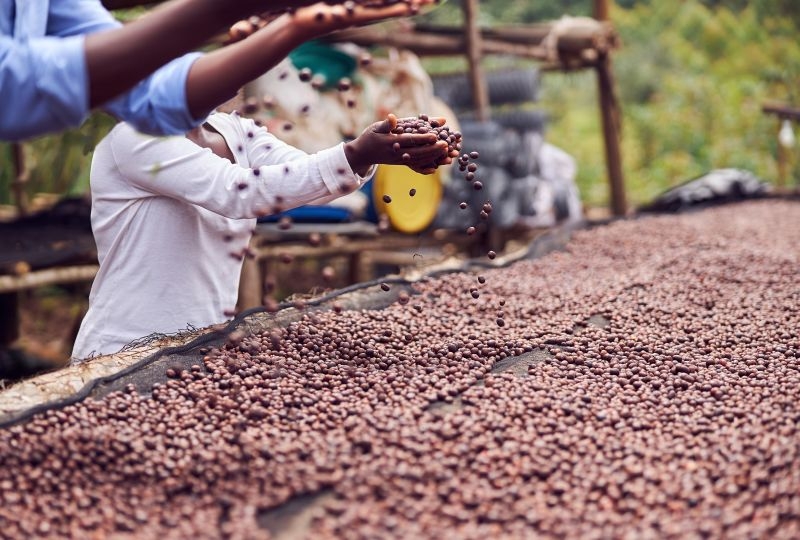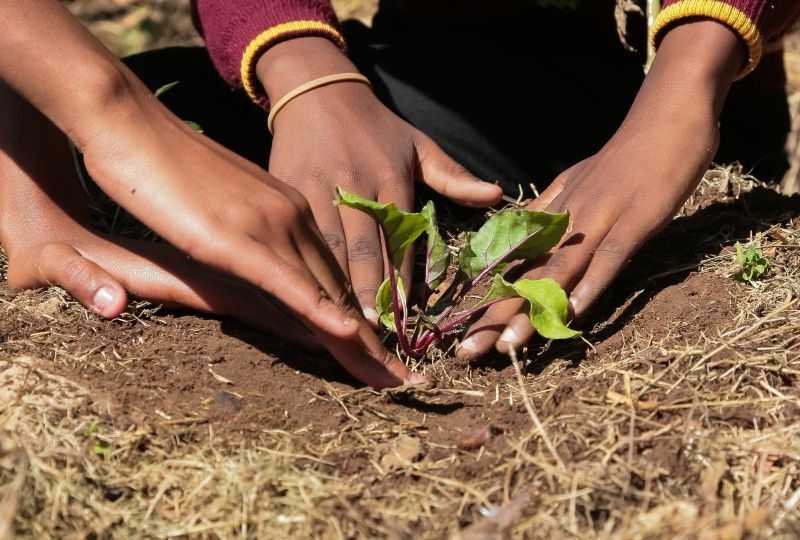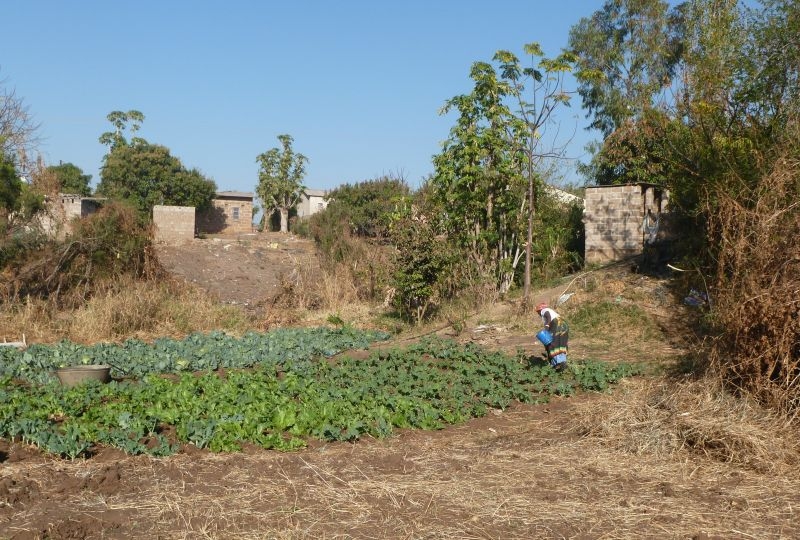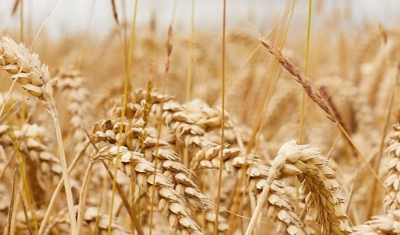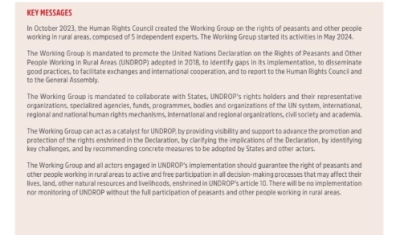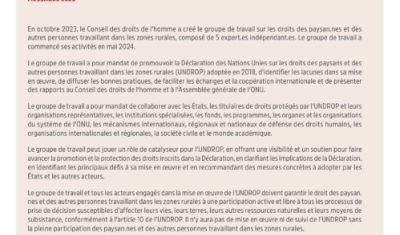The publication – the first of its kind – explores the implications of UNDROP for the right to seeds for African countries.
After providing an overview of the right to seeds in international law and the main provisions of UNDROP related to the right to seeds and corresponding states’ obligations, it identifies the main challenges to the protection of the right to seeds in Africa, as well as positive legal mobilizations and policy and legislative reforms.
‘Mali provides an example of what can be achieved when peasants and their organizations have the opportunity to meaningfully engage in participatory processes. Since 2016, peasants’ organizations and allied NGOs have framed the right to seeds as a collective right grounded in the already recognized customary rights to land and natural resources, and are pushing for legal reform, including the official recognition of peasant seed systems’ underlines Dr Peschard, Associate Research Fellow at the Geneva Academy.
‘Ethiopia is another example of a country that recognizes the collective rights of local communities over their genetic resources and community knowledge, and that protects the right of smallholder farmers and pastoral communities to save, use, exchange and sell farm-saved seeds of any variety on the non-commercial market’, explains Lulbahri Araya, former LLM student at the Geneva Academy.
But, cautions Dr Peschard, ‘Despite these positive developments, there is a strong push in Africa to adopt intellectual property norms of plant variety protection modelled on UPOV 1991 and to pass commercially-oriented seed laws, both of which are detrimental to peasant seed systems and represent a direct violation of peasants’ right to seeds as enshrined in UNDROP’.


